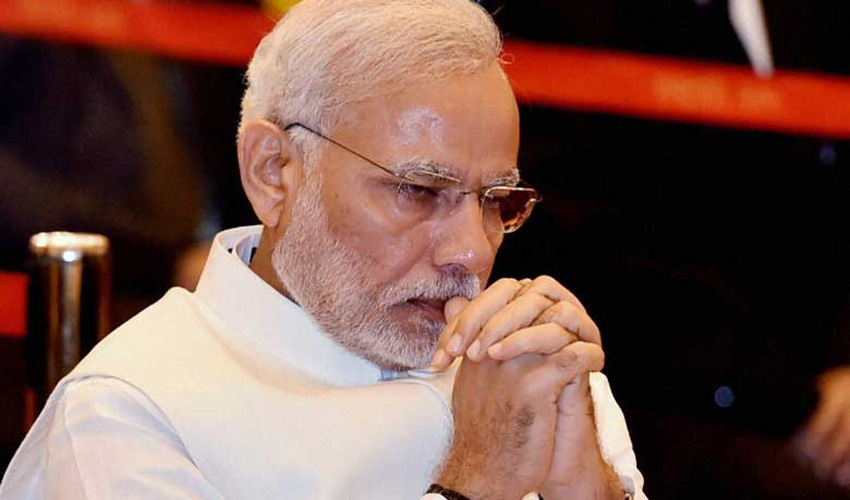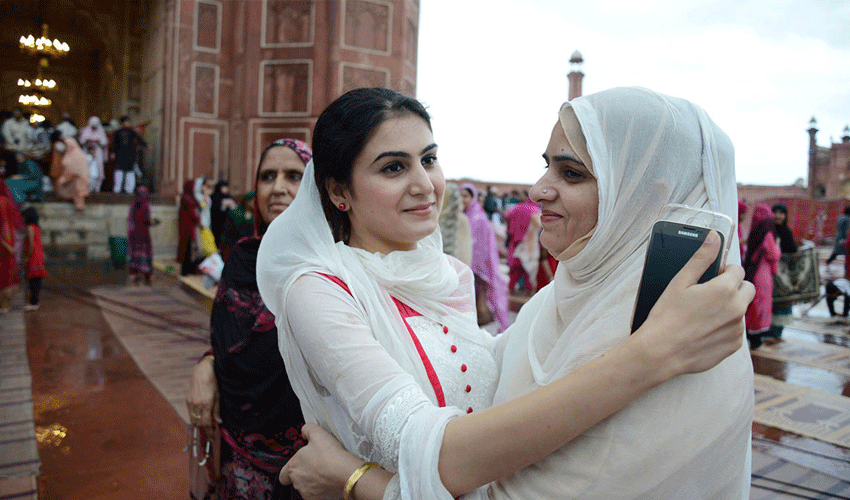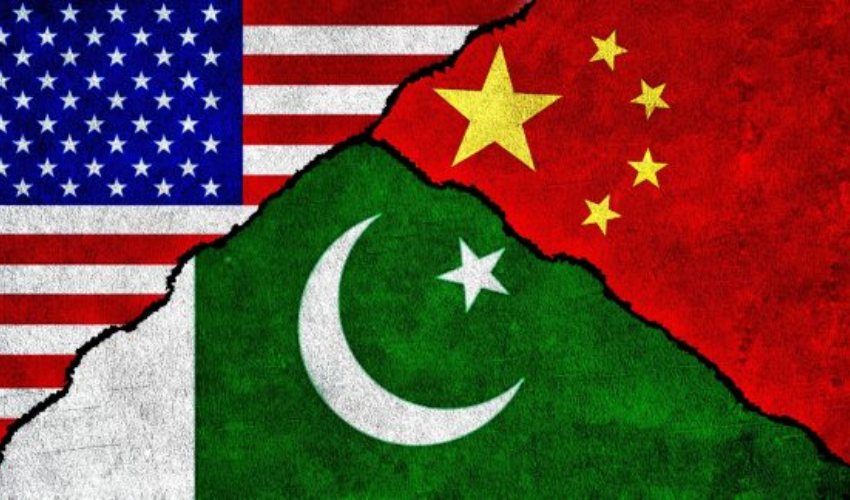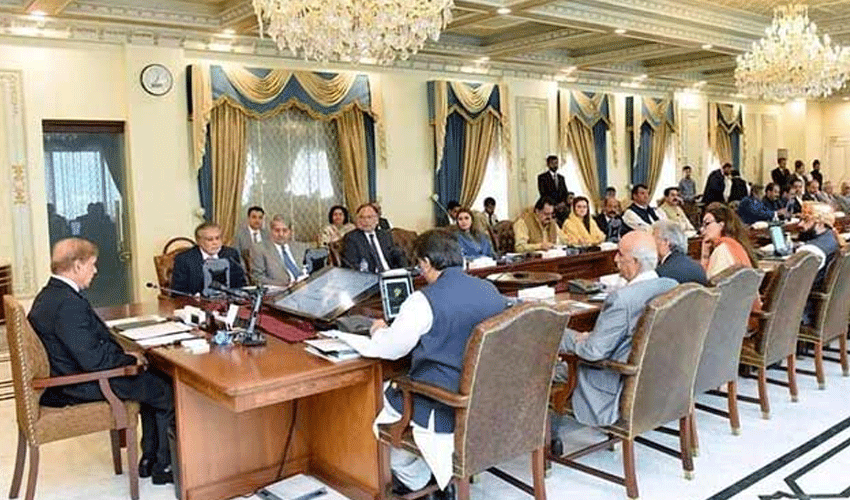Afghanistan is treading carefully in its relationship with India, as observers warn that India’s approach may be driven by self-interest rather than genuine friendship.
Analysts suggest that India’s engagement with Afghanistan is marked by a dual policy aimed at gaining influence in the region, raising questions about its sincerity.
While India seeks to strengthen its ties with Afghanistan, experts caution that the alliance is largely interest-based, contrasting with the deep-rooted historical and cultural ties Afghanistan shares with Pakistan.
The relationship between Afghanistan and India has raised concerns, particularly given India's alliance with Israel and its domestic policies toward Kashmiri Muslims, which have drawn criticism from various Muslim-majority countries.
Reports indicate that Indian diplomat JP Singh has maintained communication with both the Afghan Taliban and opposition factions, signaling India’s attempts to secure a foothold in Afghanistan through a pragmatic but conflicting approach. Critics argue that Afghanistan must carefully consider India’s intentions, as India has previously failed to maintain long-term stability in its foreign alliances.
India's recent diplomatic moves, which overlook Afghanistan’s established ties with Pakistan, suggest an attempt to counterbalance Pakistan’s influence. Afghan political experts urge caution, advising Afghan leadership to evaluate the genuine nature of its friendships and alliances. As Afghanistan navigates its diplomatic path, the need for transparency and mutual respect remains central to sustainable relations.



























